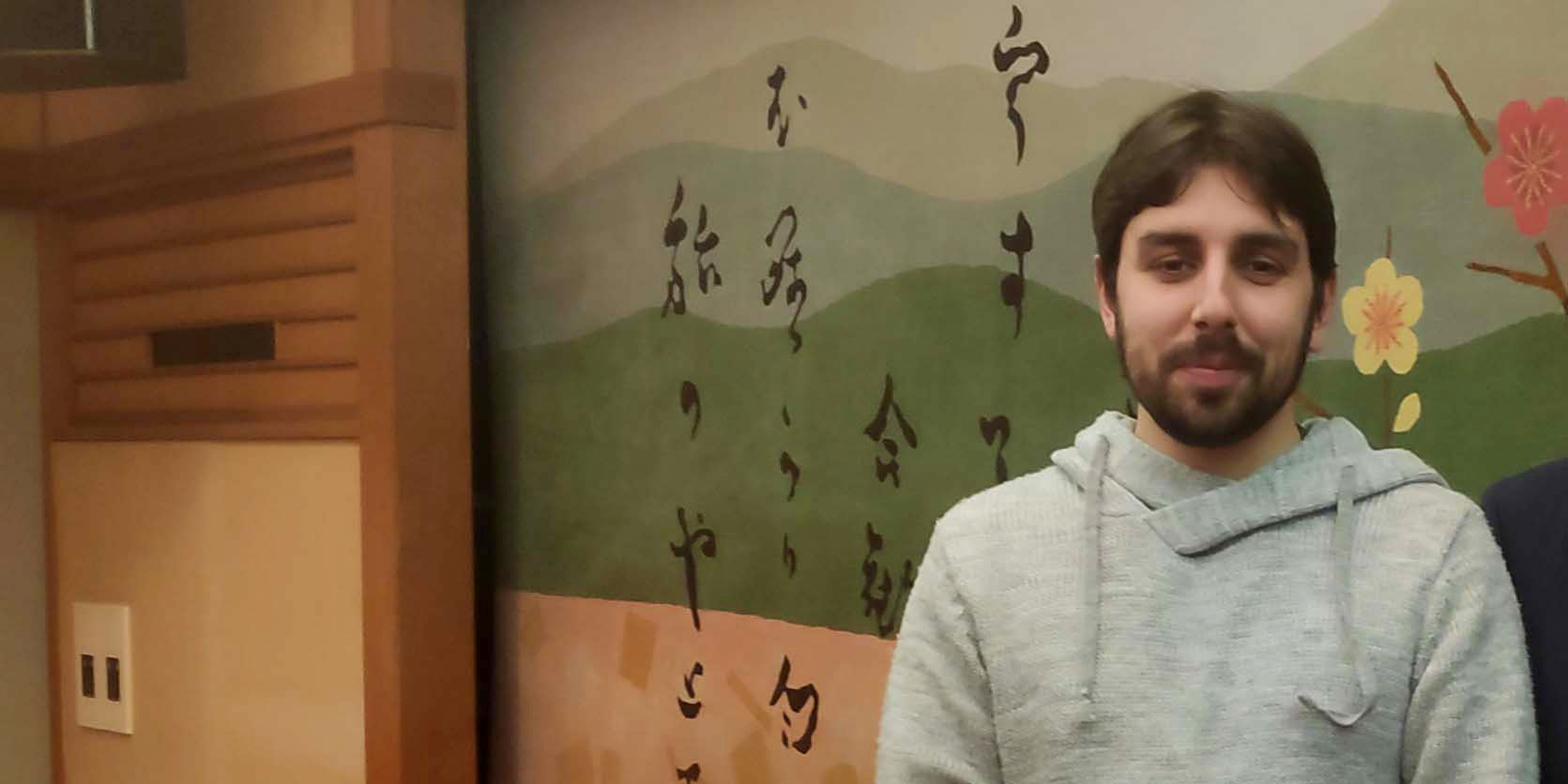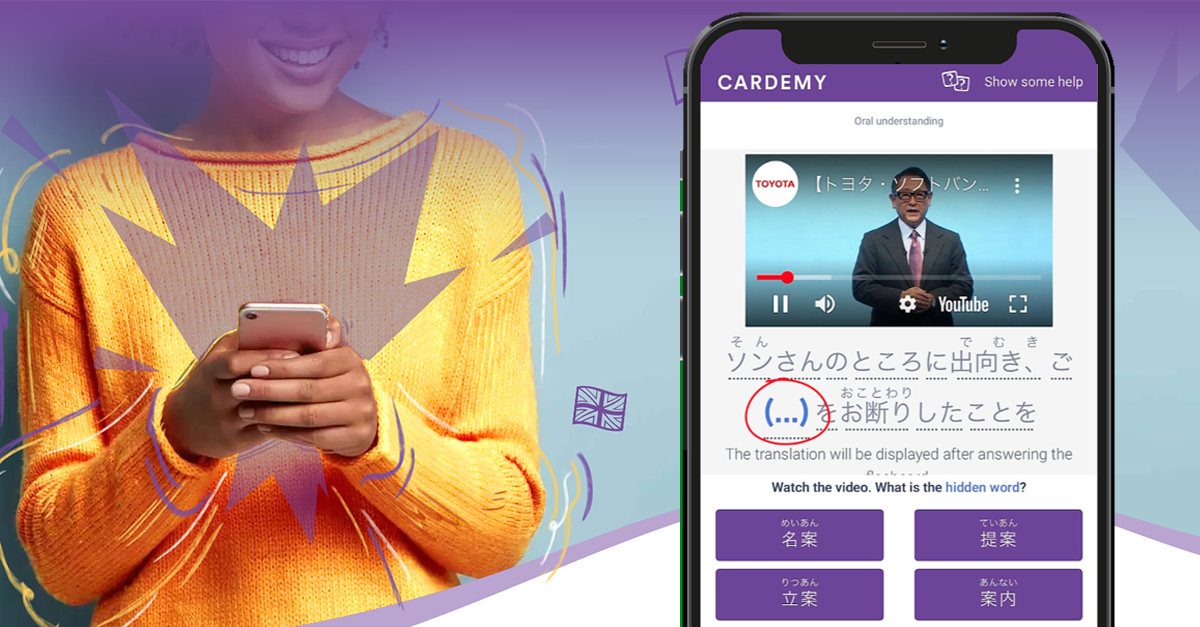Starting a job in Japan is tough. But doing business in Japan while not mastering well Japanese is on another level of toughness. I was unprepared. Let me share you my experience hoping it can be of any help.
The challenges I overcame working in Japan as a foreigner doing business with Japanese people
Freshly graduate from Kobe University, my first job interview in Tokyo went smoothly (maybe too smoothly) as the boss of the company told me that despite the job being a sales position in Japan, Japanese was barely needed since our products are made for foreigners. Great!
I moved out from my beloved place in Kansai and prepared myself to start my first job in Japan!
My employer was a Japanese business. My job was to sell advertisement to restaurants to be featured in our English-written magazine. My boss told me that if the restaurant wants to attract foreigners, they will speak English so calling them directly in English is the way to go. Fine, that made sense to me, so I gave it a try like that.
First week into the job, I started to call potential clients and directly talked in English as instructed by the boss, but I quickly noticed that something was off…
“English NO !!!” “Gaikokujin muri” “¨Please wait…*hangs up the phone*” “how many people will eat” “*Directly hangs up the phone*”

II expected a bit of trouble but not that much. These are the reactions that came after simple first greetings in English.
The success rate was so low and the interaction so awkward that I had to adapt and switch in Japanese.
At the moment my Japanese was not that good in most areas since I just had the opportunity to study the language for roughly one year and in an intensive way at Kobe university for five more months. I was lacking both vocabulary and speaking skills.
I studied some business Japanese during my time at Kobe and I thought that would be sufficient for a simple phone call and… I couldn’t be more wrong. I stumbled upon synonyms of simple words, but I did not know that they had a business variant, and I could not understand simple words like “tomorrow”.
I accepted failure as part of my learning process and tried to fail a lot and as quickly as possible.
I searched for vocabulary lists on the internet that were related to my daily tasks, but I always had to face some words that I did not know. I learned to accept it and politely asked about those words. Most of the times people understood the situation and were gentle enough with me even though there are also situations where it doesn’t go as smoothly but you must learn to accept that. So I realized there was no reason to be scared to fail.
Still, it is important to transform failure into learning. For each word that I failed to understand, I noted them out on a paper during the phone call and I searched for their meaning afterwards (I must admit that I could never find some of those words…).
I’d like to share some examples of words which I consider mandatory to know before picking up the phone:
- You may know how to say “tomorrow” in Japanese and think that such a simple meaning can’t hide some hidden tricks, that’s exactly where I was wrong during one of my first phone call. If you know “Ashita (明日)”, know that in a business context, you’re very likely to hear “Asu (明日)” and “ Myounichi (明日)”. All of them have the exact same meaning: tomorrow (and yes, all of them have the exact same spelling!). So, if you want to avoid looking like the idiot I was when I asked “Myounichiは何日ですか。”, you better remember them!
- Orikaeshi (折り返し)”: used to ask about being called back. This is a word that you will hear a lot when trying to schedule an appointment and I am quite surprised that I didn’t get the chance to learn about it in school before. The most common situation is when you are trying to reach someone, that person is not here and the person over the phone will ask you if you want to be called back.
- Learn the words that say that the person you’re trying to reach is out. It is important to understand why they’re out and if you can ask about calling back later or not. “Gaishutsu (外出) (out of office)”, “Taishoku (退職) (Retired)”, “Seki wo hazushiteorimasu (席を外しております) (Just left their desk)”. It is mandatory to learn them and understand in which situation they are relevant.
In a language with so many synonyms and with some of those words that are exclusively meant to be used in a business context, I realized the importance to understand in which context the words you are learning are used. Doing so you will be able to find out if some of the basic vocabulary that you are mastering is suitable or not regarding business Japanese or other specific situations.
One of the things that helped me was to define some patterns before calling and refer to them once I was talking over the phone. Obviously, it is just a reference and in real situations, you will always need to adapt but having some written guidelines can help you erase some stress of calling.
This is a hard task to do and looking back on my own experiences, here’s the advice I would give to my past self:
- Look for videos related to your job. It helps you identify recurring words that you are not familiar with in a specific context. There are many useful resources in Japanese on YouTube that can give you good examples of actual vocabulary useful in your situation. For reference, here’s a video with good vocabulary and advice related to business phone calls: https://www.youtube.com/watch?v=NS3yUdf9v9Q
- Practice the situations you may face with a qualified teacher. A few private classes could have helped me to be better prepared for those particular situations and would have been more useful than the multiple non-specific group classes that I took.
- Try to use Japanese at work even when it’s not needed. If you’re in an international environment, do not hesitate to use Japanese with your Japanese colleagues even though you could use another language that is easier for you. It will help you to get used to the necessary vocabulary at work in a less stressful atmosphere than when you are with clients.
Even though you are looking for a job in Japan in English, on top of understanding the proper Japanese business manners, mastering the right words that applies to the context of your job will definitely give you an edge over other profiles and will save you from situations where you could feel lost in Japanese!
If you liked this article, please don't hesitate to let me know in the below comments or ask any questions!
Please don't hesitate to check out this other article in which I share how I improved my conversion skills!




Leave Comment